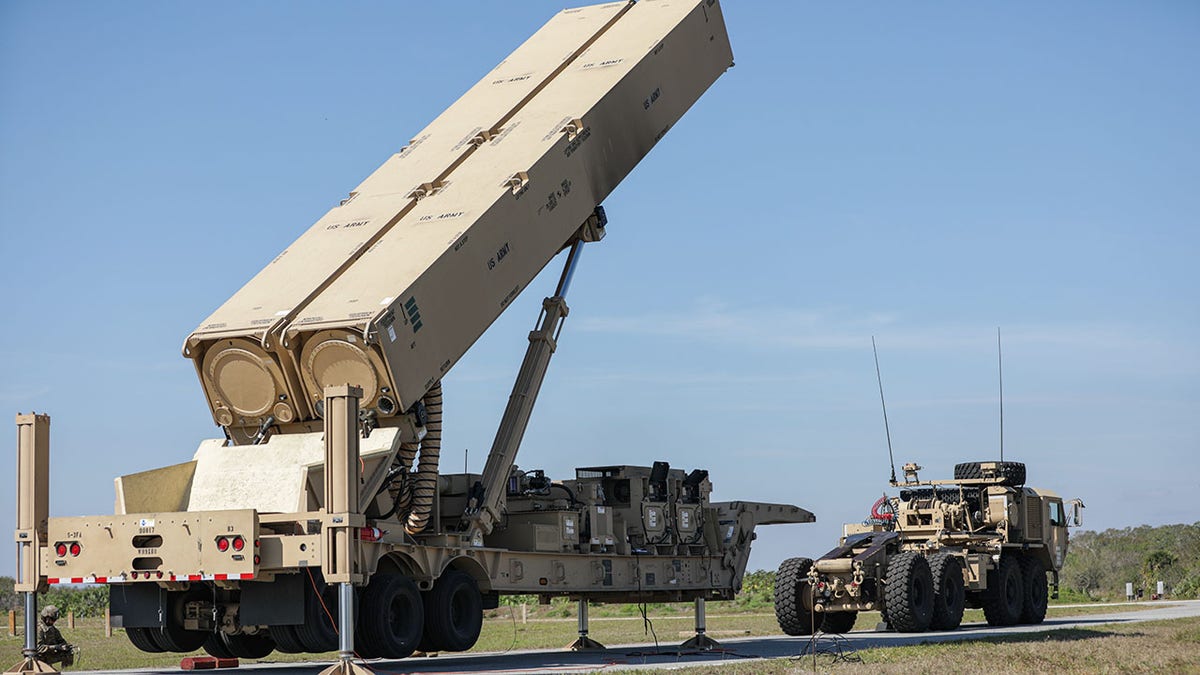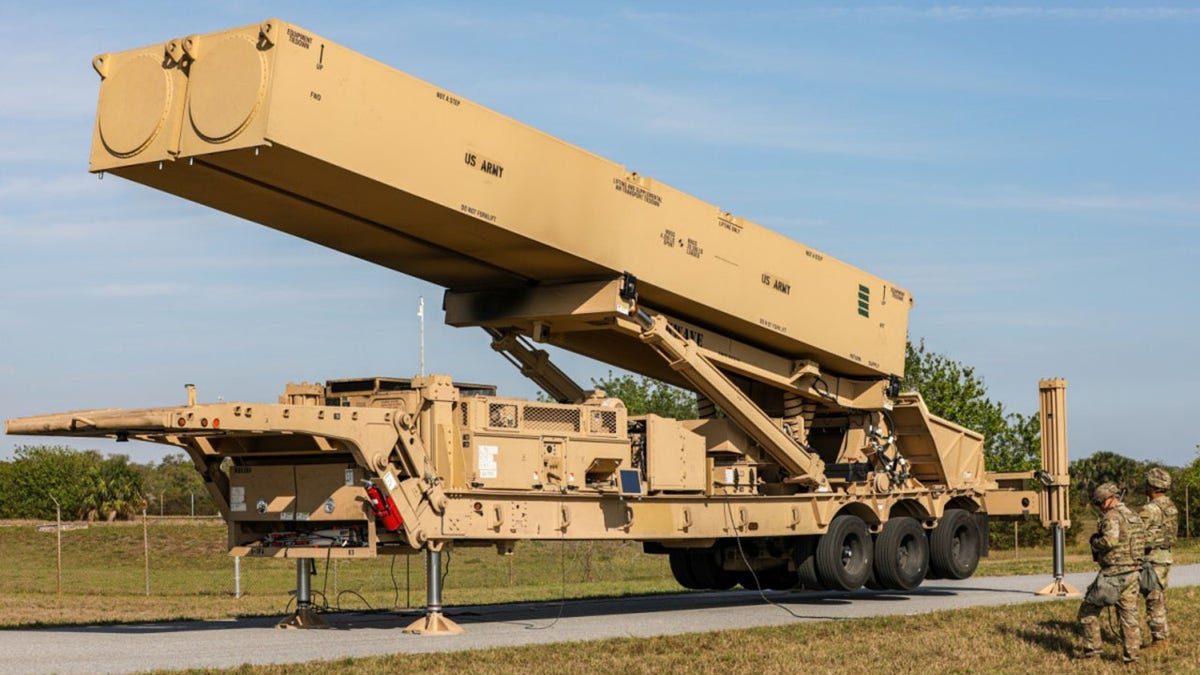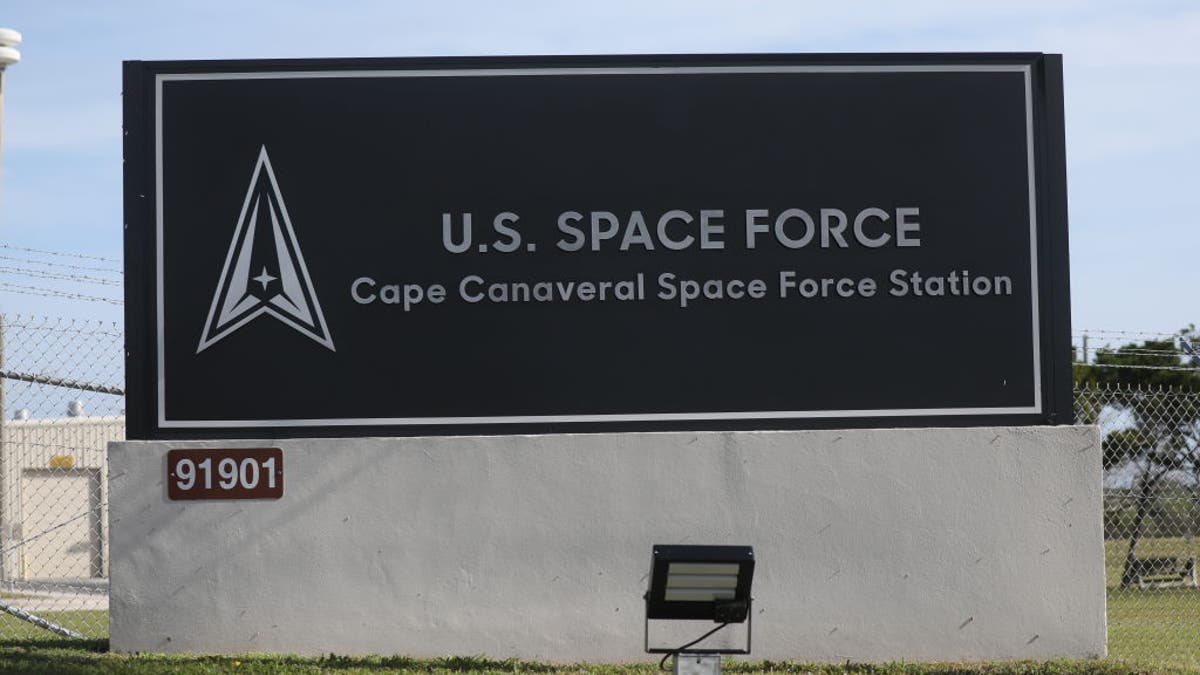Fox News Flash top headlines for September 7
Fox News Flash top headlines are here. Check out what's clicking on Foxnews.com.
The U.S. Army reportedly scrapped another test of a hypersonic missile at the Cape Canaveral Space Force Station in Florida following pre-flight checks.
The Long-Range Hypersonic Weapon (LRHW) -- which the Congressional Research Service says is being developed in close coordination with the U.S. Navy – was supposed to test launch Wednesday following a scrubbing in March, according to The War Zone.
"On Sept. 6, the Department planned to conduct a flight test at the Cape Canaveral Space Force Station, Florida, to inform our hypersonic technology development. As a result of pre-flight checks, the test did not occur," a spokesperson from the Department of Defense told Fox News Digital in an e-mail Thursday morning.
"The Department was able to successfully collect data on the performance of the ground hardware and software that will inform the continued progress toward fielding offensive hypersonic weapons," the spokesperson added. "Delivering hypersonic weapons remains a top priority for the Department."
ARMY MAKES PROGRAM TO SHAPE UP OVERWEIGHT RECRUITS PERMANENT AS IT FIGHTS ONGOING RECRUITING CRISIS

The new Long-Range Hypersonic Weapon is seen in March 2023 during Operation Thunderbolt Strike at Cape Canaveral Space Force Station in Florida. (US Army)
The Congressional Research Service said the LRHW, "with a reported range of 1,725 miles, consists of a ground-launched missile equipped with a hypersonic glide body and associated transport, support, and fire control equipment."
"This land-based, truck-launched system is armed with hypersonic missiles that can travel well over 3,800 miles per hour," it also quoted the Army as saying. "They can reach the top of the Earth’s atmosphere and remain just beyond the range of air and missile defense systems until they are ready to strike, and by then it’s too late to react."
The War Zone reported that the statement about the recent launch issued by the Department of Defense was nearly identical to one released in March after a decision was made to scrap the first test launch of the missile.
US LAUNCHES UNARMED ICBM TO TEST NUCLEAR CAPABILITIES AMID TENSIONS WITH NORTH KOREA

The LRHW has a range of 1,725 miles, the Congressional Research Service says. (Spc. Chandler Coats, U.S. Army)
"Automated pre-flight checks identified that a battery did not activate, which resulted in not conducting the test," Navy Vice Adm. Johnny Wolfe later revealed at a Congressional hearing, according to The War Zone. "We are aggressively investigating the cause of the no test and will continue to move forward with our development and additional testing in support of Army fielding as soon as the cause is identified and corrected."

The test was supposed to happen this week at the Cape Canaveral Space Force Station in Florida. (Photo by Yasin Ozturk/Anadolu Agency via Getty Images)
CLICK HERE TO GET THE FOX NEWS APP
The Army is hoping to roll out the first operational LRHWs by the end of the year, while the Navy is planning to deploy the same missiles on its Zumwalt-class stealth destroyers and Block V Virginia-class submarines, according to The War Zone.











































